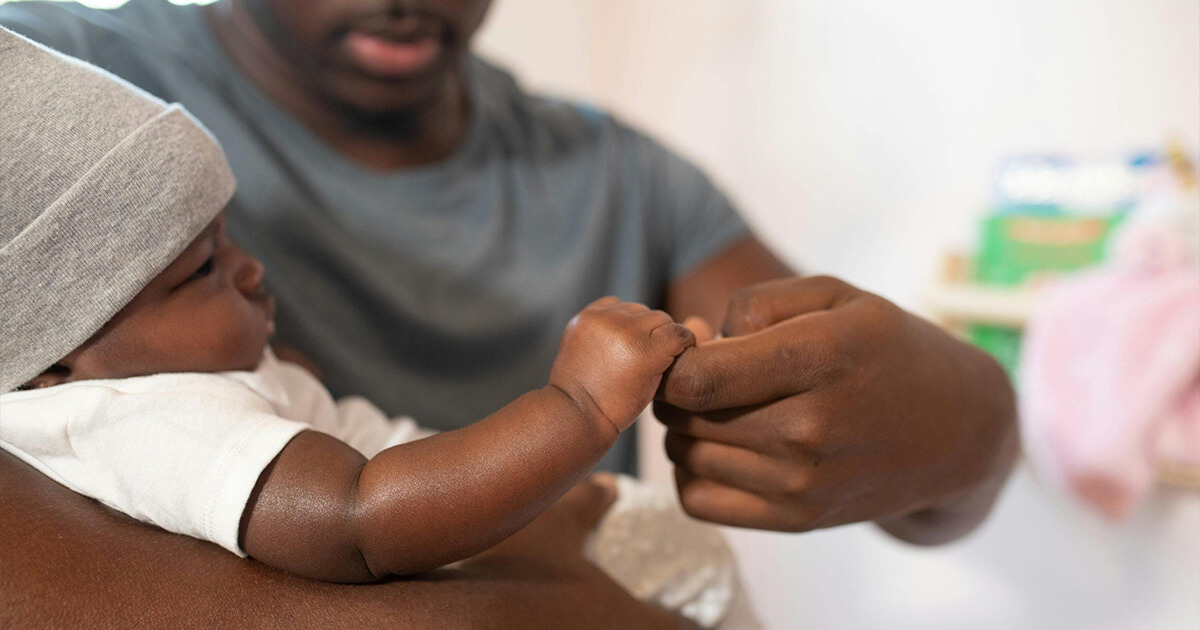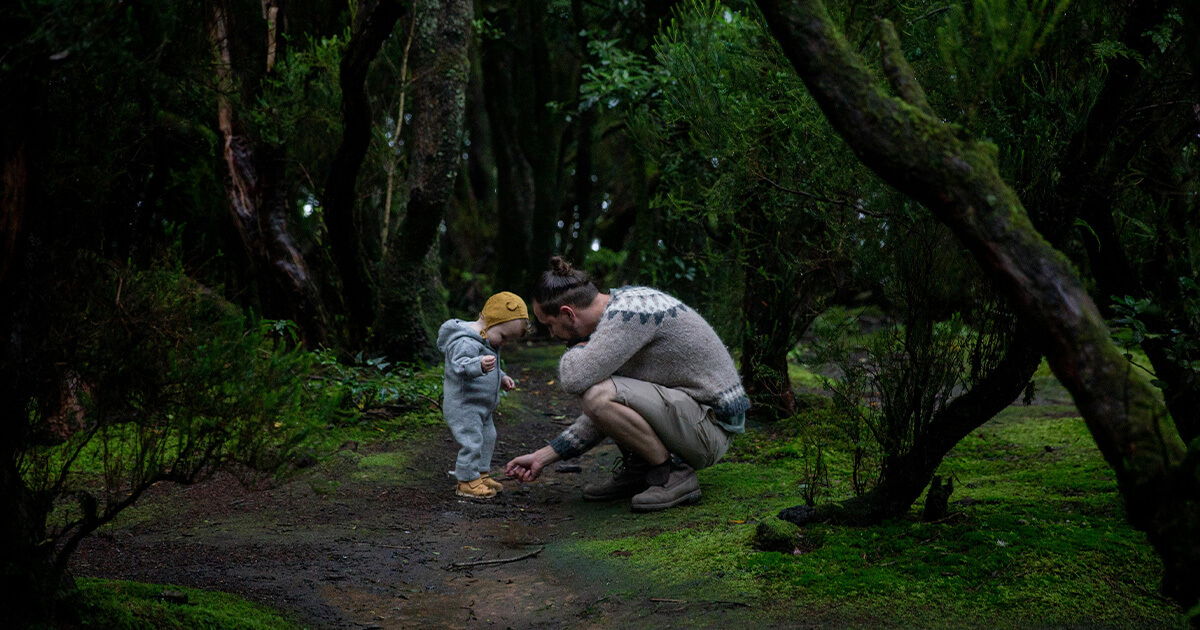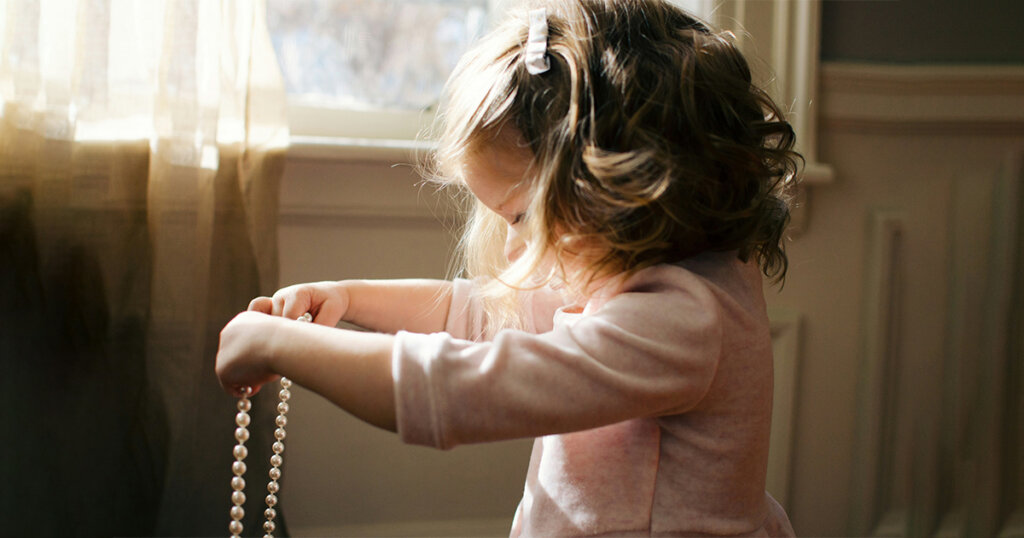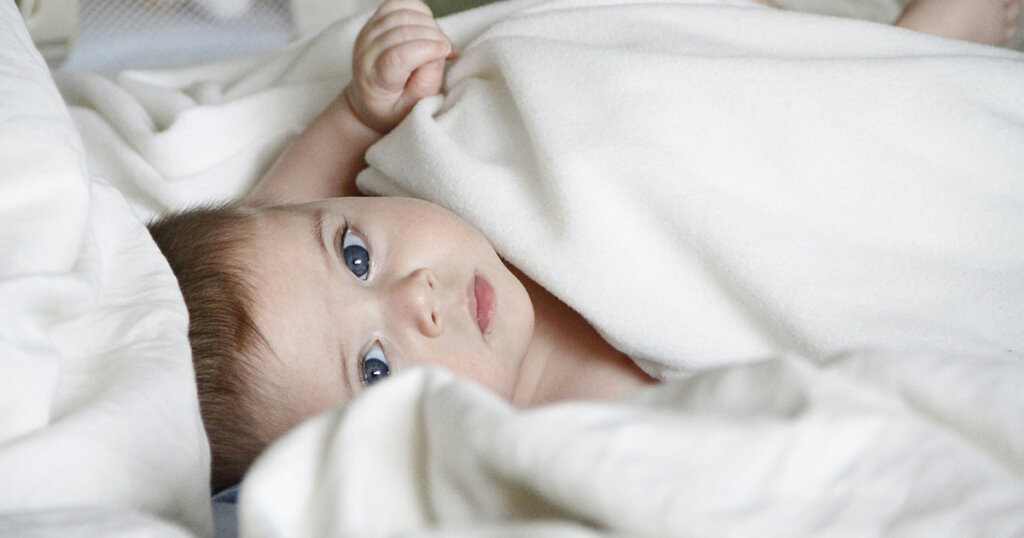Newborn Sleep Schedule
Ensuring Healthy Sleep Patterns for Your Baby
Ensuring your newborn gets adequate sleep is crucial for their growth and development. This Newborn Sleep Schedule guide provides age-specific sleep duration and nap recommendations, a visual schedule showing typical sleep patterns, tips for establishing a sleep routine, and infographics on sleep environment and safety.
Age-Specific Sleep Duration and Nap Recommendations
0-3 Months:
- Total Sleep: 14-17 hours per day.
- Naps: 3-5 naps daily, each lasting 30 minutes to 2 hours.
4-6 Months:
- Total Sleep: 12-16 hours per day.
- Naps: 3-4 naps daily, each lasting 30 minutes to 2 hours.
7-9 Months:
- Total Sleep: 12-15 hours per day.
- Naps: 2-3 naps daily, each lasting 1-2 hours.
10-12 Months:
- Total Sleep: 12-15 hours per day.
- Naps: 2 naps per day, each lasting 1-2 hours.
Visual Schedule Showing Typical Sleep Patterns
Newborn Sleep Patterns Chart:
| Age (Months) | Total Sleep (Hours) | Number of Naps | Duration of Naps (Hours) |
|---|---|---|---|
| 0-3 | 14-17 | 3-5 | 0.5-2 |
| 4-6 | 12-16 | 3-4 | 0.5-2 |
| 7-9 | 12-15 | 2-3 | 1-2 |
| 10-12 | 12-15 | 2 | 1-2 |
Tips for Establishing a Sleep Routine
- Consistent Bedtime:
- Establish a consistent bedtime routine that includes calming activities such as a warm bath, reading a book, or gentle rocking.
- Tip: Stick to the same bedtime every night to help your baby recognize when it’s time to sleep.
- Create a Sleep-Inducing Environment:
- Keep the room dark, quiet, and at a comfortable temperature.
- Use a white noise machine to block out background noises.
- Tip: Ensure the crib is free of soft bedding and toys to promote a safe sleep environment.
- Daytime Naps:
- Ensure naps are consistent in timing and duration.
- Avoid overstimulation before nap times.
- Tip: A consistent nap schedule helps regulate your baby’s internal clock.
- Responding to Night Wakings:
- When your baby wakes up at night, provide comfort but avoid stimulating activities.
- Tip: Keep interactions quiet and soothing to encourage your baby to return to sleep.
Infographics on Sleep Environment and Safety
Sleep Environment and Safety Infographic:
Safe Sleep Practices:
- Place your baby on their back to sleep.
- Use a firm sleep surface like a crib mattress covered with a fitted sheet.
- Avoid soft bedding, pillows, and toys in the crib.
Ideal Sleep Environment: - Dark room with blackout curtains.
- White noise machine to soothe and block out noise.
- Room temperature between 68-72°F (20-22°C).
Conclusion
By following these guidelines and utilizing the provided sleep schedule, you can help ensure your newborn gets the restful sleep they need for healthy growth and development.
Establishing a consistent sleep routine and creating a safe sleep environment are key components to achieving better sleep for your baby.
Resources for further information
- (Sources: HealthyChildren.org, Mayo Clinic)
- (Sources: Centers for Disease Control and Prevention (CDC), American Academy of Pediatrics)









